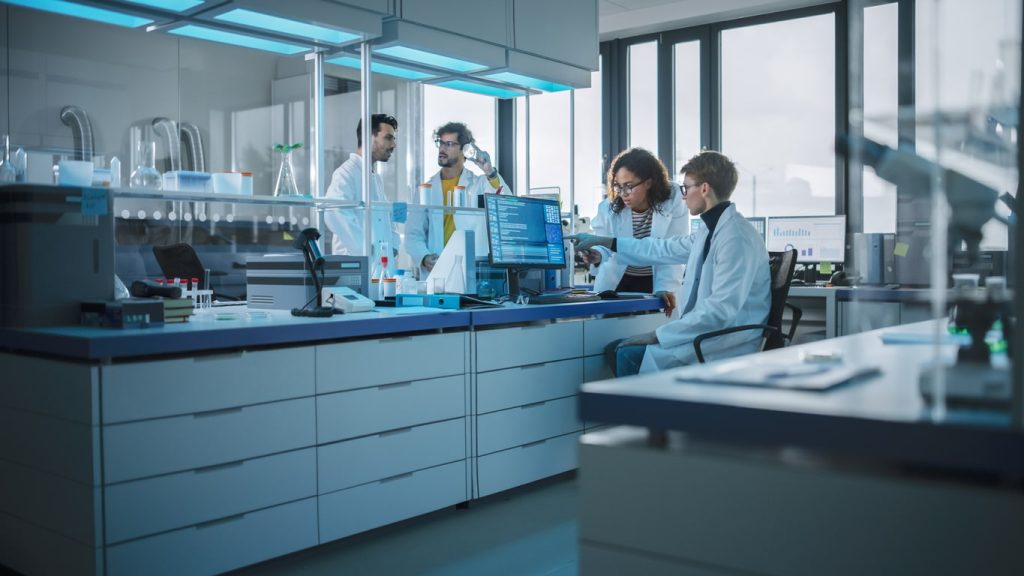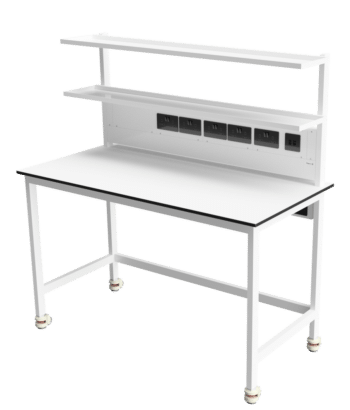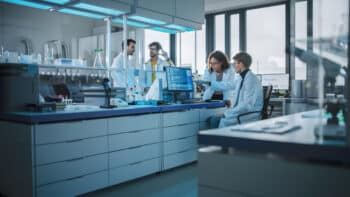Laboratories are the beating heart of innovation and discovery in the scientific world. But, more so than perhaps any other workspace, laboratories also need constant care and maintenance, and that includes laboratory equipment. The decision to replace or repair your lab fixtures is a crucial one that impacts safety, productivity, and efficiency.
In this blog post, we’ll explore specific reasons why you should replace or repair your laboratory equipment. We’ll also touch on how to maintain lab equipment and discuss the option of buying used examples. Let’s explore.
Ensuring Safety and Efficiency
Regular maintenance or replacement of lab apparatus can greatly enhance productivity, leading to more successful and reliable outcomes in your research.
1. Safety Concerns
The safety of your laboratory is of paramount importance. Outdated or damaged lab furniture can pose significant risks to lab personnel. It isn’t just the technical equipment that poses a risk, chipped beakers, can lead to accidents, chemical spills, and potential contamination. To maintain a safe working environment, it’s critical to regularly inspect your lab furniture and promptly address any safety issues that you find.
2. Productivity and Efficiency
Efficiency is the cornerstone of any successful laboratory. Outdated or malfunctioning lab equipment can hinder the efficiency of your research or experiments. For instance, if safety equipment such as goggles isn’t properly maintained, it can impact the quality of experiments, or if your lab storage is disorganised, finding essential materials can become a time-consuming task and can lead to damaged equipment.
Laboratory Equipment: The Key to Scientific Progress
Identifying Problem Areas
Laboratory equipment is the lifeblood of any scientific research. To ensure that your research runs smoothly, it’s essential to identify red flags that may indicate the need for equipment repair or replacement. Some common signs to watch out for include:
- Frequent Breakdowns: A piece of continually malfunctioning equipment is probably the biggest indicator that the equipment has reached the end of its life.
- Obsolete Technology: Old technology can be as detrimental to your progress and competitiveness in your industry as broken equipment. If equipment is obsolete, it should be replaced with the latest kit to ensure that you stay ahead of the curve.
- Inaccurate Readings: Equipment that consistently provides inaccurate data can compromise your experiments’ reliability and results.
- Safety Hazards: Any equipment that poses a safety risk should be immediately repaired or replaced. Safety hazards can be identified during regular services.
Maintaining Lab Equipment
Proper maintenance is key to extending the life of your lab equipment. Here are some tips on how to maintain lab equipment effectively:
- Regular Inspections: Perform routine inspections to identify issues early on, this is useful for the reliability of results, but crucial for staff safety.
- Calibration: Calibrate equipment to ensure accurate readings.
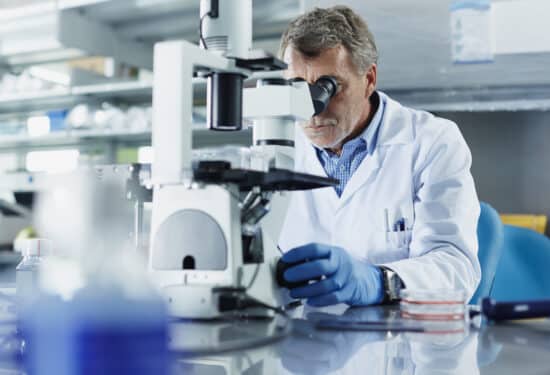
- Cleaning: Keep your equipment clean and free from debris or contaminants.
- Scheduled Maintenance: Establish a maintenance schedule for essential lab equipment to prevent unexpected breakdowns. We recommend that lab equipment is serviced at least once a year, although a more frequent servicing schedule may be beneficial for intensive use cases or older equipment.
Buying Used Lab Equipment
In some cases, buying used laboratory equipment can be a cost-effective solution. However, there are benefits and drawbacks to consider before making the decision:
Pros of Buying Used Lab Equipment
- Cost Savings: Used equipment is frequently cheaper than buying items brand-new directly from the manufacturer. This makes it an attractive option for businesses that are working on a strict budget.
- Immediate Availability: Used equipment has already been made and assembled, meaning that you can purchase and make use of used equipment immediately. Brand new equipment, on the other hand, may have to be manufactured and delivered to you.
- Sustainability: As well as benefitting your business, reusing lab equipment may also benefit the planet by reducing waste and supporting sustainability efforts.
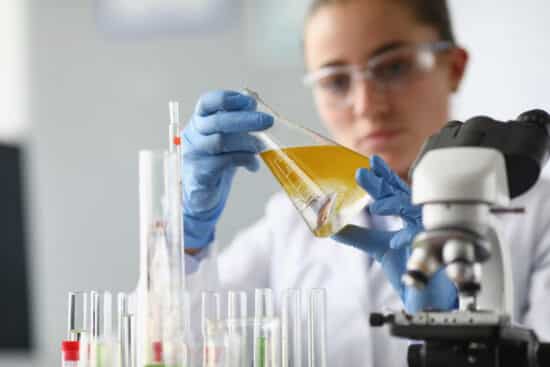
Cons of Buying Used Lab Equipment
- Uncertain History: When buying directly from the manufacturer, you can be sure that the equipment is still in tip-top condition. Used equipment, however, may come with unknown maintenance or repair histories, which could lead to unexpected issues.
- Limited Warranty: Used equipment often comes with limited or no warranty, leaving you responsible for potentially expensive repairs.
- Compatibility: It may be a challenge to find used equipment that is compatible with your existing lab setup despite being cheaper. Before buying, inquire whether the kit you’re buying is suitable.
For a more detailed exploration of buying used lab equipment, you can refer to our existing blog post on Buying Used Lab Equipment: The Pros and Cons.
To provide you with further insights into the ever-evolving field of lab equipment, we suggest checking out the other forward-thinking content, including our new ergonomic blog post. You can find valuable information on the pros and cons of used lab equipment in our existing blog. To help you navigate our resources, we’ve provided internal links below for your convenience:
Maintaining and, when necessary, replacing laboratory equipment is essential for your lab’s safety, productivity, and efficiency. Regular inspections and proactive measures can help you identify issues before they become a serious problem.
At InterFocus, we are committed to providing the latest insights and guidance to support your laboratory’s success. For more information on laboratory furniture, equipment, and safety, we encourage you to make yourself familiar with our Laboratory Solutions page.

